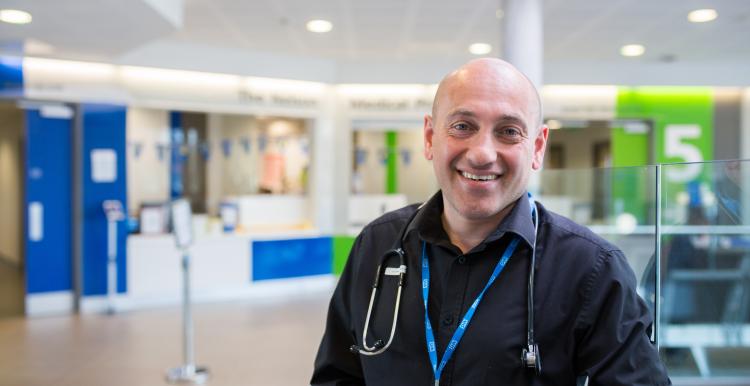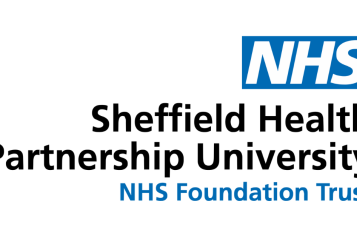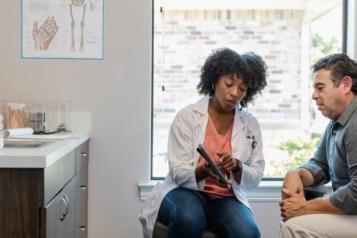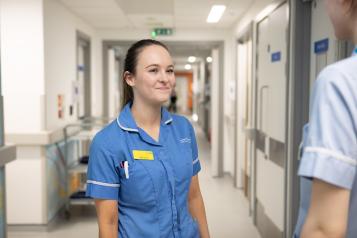Burton Street Foundation - increasing access to health care for people with a learning disability

Burton Street Foundation is a not-for-profit community organisation, providing a wide range of day services for people with learning disabilities. They wanted to explore the use of annual health checks and hospital passports, which can help people with a learning disability to manage their health and wellbeing, and ensure they get the right care.
They used our #SpeakUp grant funding to speak to 152 families and carers about using these resources.
People want to go to their annual health checks, but GPs need to be proactive
An annual health check is a yearly appointment available to all people over 14 who are on the learning disability register. It is an opportunity to talk about your general health, and medications or treatments you're on, and is a good chance for your doctor to spot health problems early.

76% of the people we spoke to said their family member/person they care for was regularly invited to an annual health check. Of those who are invited, 78% do attend the appointment. This means that most people are managing to access this support, and for most people it's a positive experience, with thorough checks and staff who listen and care about individuals.
However, this isn't everyone. These numbers mean there are still people who aren't getting this important intervention. Some people said they simply aren't invited to a check. Others said they didn't seem like the right thing for them; they'd had bad experiences, with the care depending on the staff member they see, or feeling like the appointment was a 'box ticking' exercise.
We also heard that a third of family members/clients weren't sure if their annual health check was delayed this year due to Covid-19. Carers can find it hard to manage all of the necessary appointments, but if GP practices are more proactive in reaching out to all of their patients who have a learning disability, they can ensure that more people remember to make the most of this resource.
Lots of people think that hospital passports could be a good idea, but don't have faith that they're being used effectively
A hospital passport is a document which contains important information for healthcare staff to know, in case a person with a learning disability has to go into hospital. It contains personal details, health conditions and medications, as well as communication needs and personal likes and dislikes.

The people we spoke to were generally positive about the idea of hospital passports, and many of them had already created one. However, people felt they were less useful in practice; there were concerns that staff didn't read them as they were too busy, or didn't understand their importance.
We want to challenge this and increase the uptake of hospital passports - as part of this project, we spoke to people in more detail about this resource and sent out 66 blank copies to people who were interested in filling one in. We've also made recommendations as part of this report in order to increase their use by hospital staff - these recommendations are around staff training as well as flagging patients with a learning disability on hospital systems.
What next?
We've made recommendations about removing the barriers to accessing annual health checks, and encouraging proactive invites to everyone on a GP practice's learning disability register.
We've also made recommendations about hospital passports - for people to be given information about them and support to fill them in, as well as improving the use of them by hospital staff.
Find out more
To read about people's experiences in more detail, as well as the recommendations we've made for improvement, read the full report:


